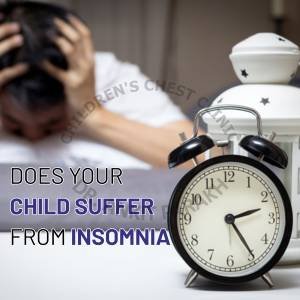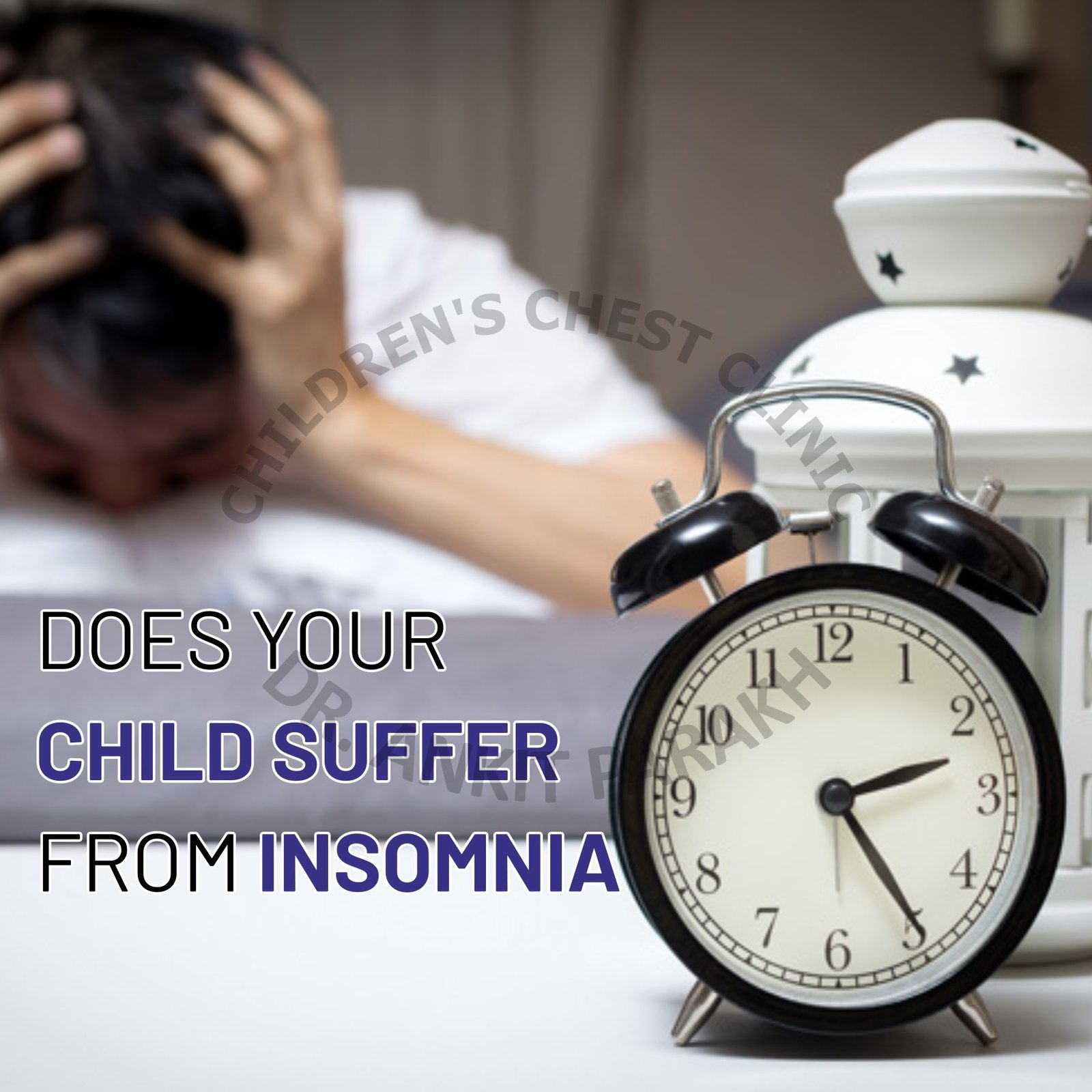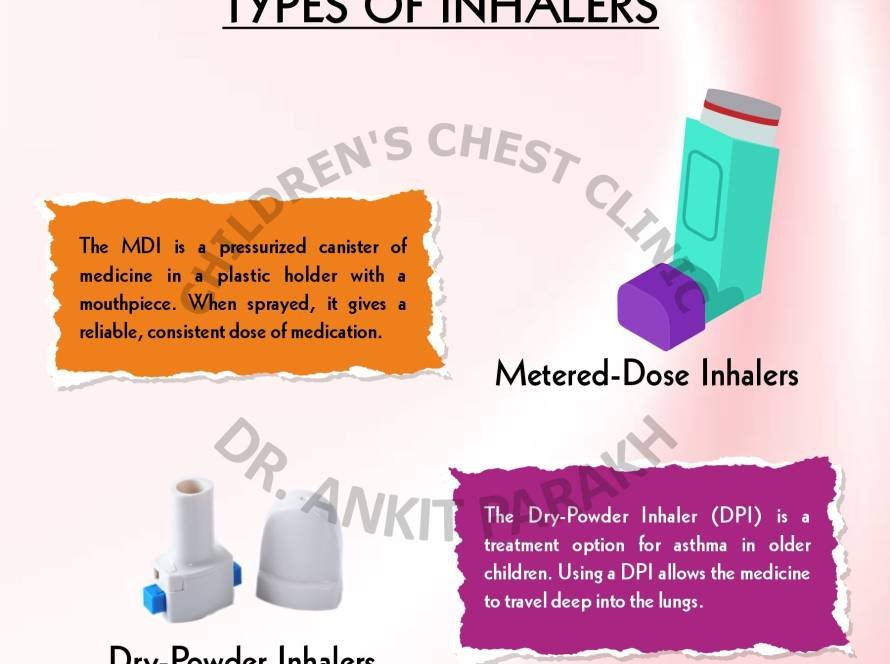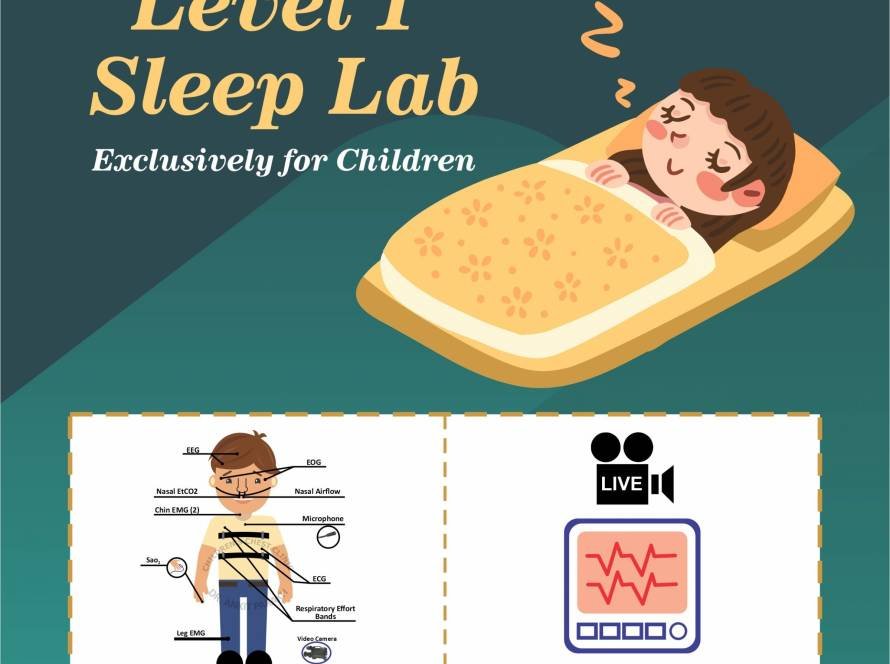Insomnia is the inability or difficulty of the child to fall asleep at night at the desired time or get frequent night awakenings or waking up too early. Insomnia is now increasingly seen in children particularly in adolescents. Insufficient sleep leads to significant negative impact on a child’s functioning, behaviour and health. In this article we shall discuss the reasons and treatment of insomnia in children.

What are the signs and symptoms of insomnia in children?
Children and adolescents can have different symptoms of insomnia. Children can have sleep onset insomnia where they have difficulty in falling asleep (longer than 30 minutes) or wake up in the middle of the night and then unable to get back to sleep for prolonged periods or wake up too early in the morning. Children with insomnia can get sleepy during the day leading to problems with daytime functioning. Children can have problems with concentration, memory and school performance. There can also be behavioral health issues like depression or problems concentrating (may resemble ADHD).
What are the causes of insomnia in children?
Insomnia in children can be caused by many factors. Some sleep disorders such as restless legs syndrome or obstructive sleep apnea can cause insomnia in children. Another important cause of insomnia in children could be medical problems like asthma, atopic eczema, gastro-esophageal reflux etc. Behavioral health issues like bipolar disorder, depression and anxiety are common causes of insomnia in older children and adolescents. Children with other neurodevelopmental disorders like Asperger’s syndrome, autism and mental disabilities can also be an important cause of insomnia. Certain medications such as steroids, antidepressants, ADHD medicines can also lead to insomnia in children.
What evaluation is required in children with insomnia?
Most children with insomnia do not require many investigations. Usually we ask the child and the family to maintain a two week sleep diary. Sleep diary helps to keep a track of the child’s sleep and wake time. In case the child is suspected to have any sleep disorder like obstructive sleep apnea or a limb movement disorder a sleep study or a polysomnography might be required.
How do we treat children with insomnia?
Children as compared to adults are first treated with non-medicinal treatment. In most children and adolescents these can be very useful and might be the only treatment needed to treat insomnia. It is important to have a good and relaxing bedtime routine like taking a warm bath or shower, reading, or listening to music. It is also important to avoid any screen including mobile phones, TV or computers one hour prior to sleep. The bedroom should have a comfortable temperature and dark or with dim lights. Avoiding caffeine drinks like tea, coffee or cold drinks in the evening is important as they can act as stimulants and keep children awake. In some adolescents performing 20-30 minutes of meditation prior to bedtime can be very relaxing and improves sleep. Last but not the least, regular physical activity for 30-40 minutes each day can be very helpful in reducing stress and improving sleep at all ages.






